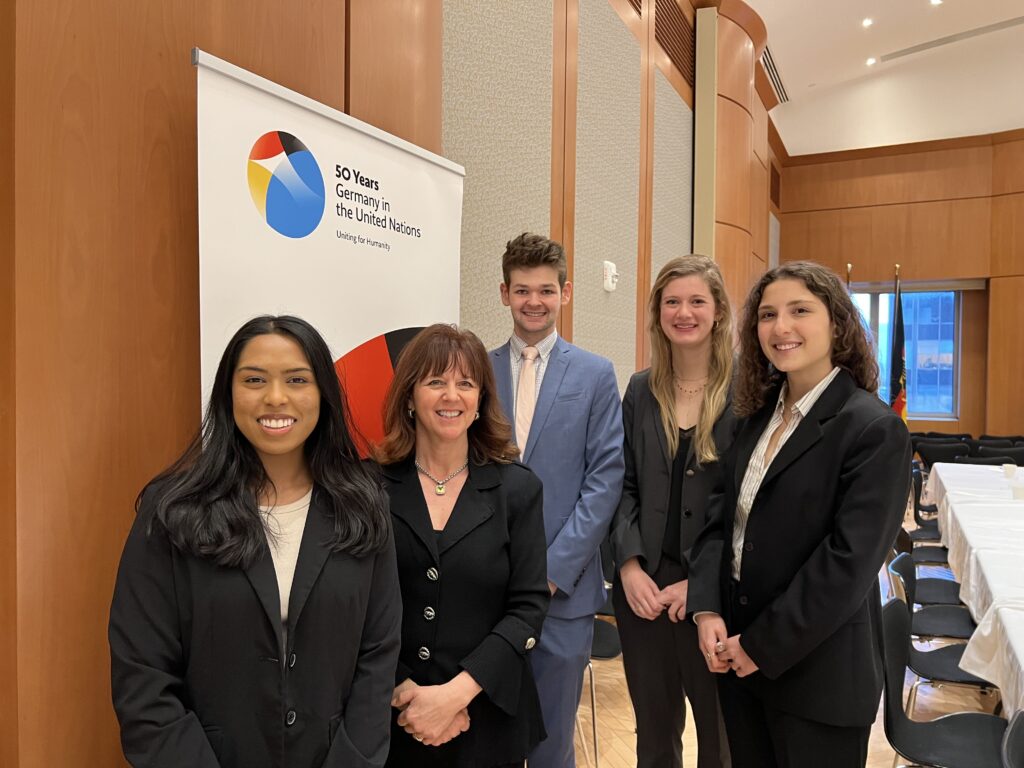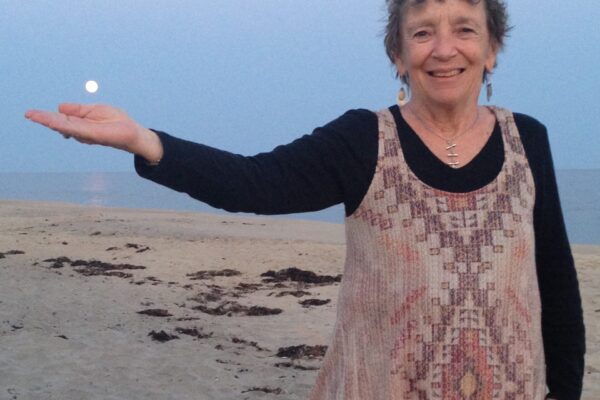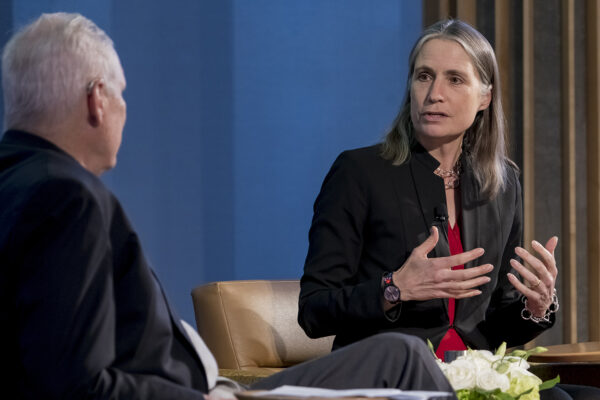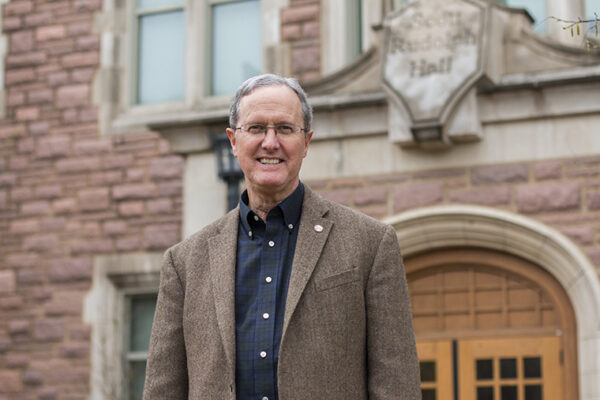In 1994, I was asked to chair and convene an expert committee on the proposed new International Criminal Court (ICC).
Negotiations were ongoing, and I arrived at United Nations Headquarters in New York to attend them. Proudly credentialed, I wandered about the UN’s beautiful spaces, where I met a diminutive man in a blue suit and jaunty cap, who introduced himself as Ben Ferencz, former Nuremberg prosecutor. He asked me if I had read his books and walked me over to the ICC meetings. Thus began a lifelong friendship and introduction to one of the founders of the modern international criminal justice movement.
I followed the ICC negotiations, went to Rome to participate in the negotiation of the ICC Statute in 1998 and began a career as an international criminal lawyer and scholar. I developed a particular expertise on the subject of crimes against humanity, a term coined during the Second World War to describe the atrocities committed by the Nazis against the Jewish people and those who opposed the Nazi regime.
From 2007–21, I served as director of the Whitney R. Harris World Law Institute at WashU’s School of Law, named for another prominent Nuremberg prosecutor and dear friend. And in 2012, ICC prosecutor Fatou Bensouda asked me to be her special adviser on crimes against humanity, a position I continue to hold, having been reappointed by the current ICC prosecutor, Karim A.A. Khan.
The work I do is not easy. Crimes against humanity are among the worst international crimes. They involve widespread or systematic attacks on the most vulnerable members of society — civilians — and take various forms in different conflicts: murder, extermination, torture, deportation, sexual and gender-based violence, disappearances, apartheid and persecution. They afflict every region of the world — think of Syria, North Korea, the Democratic Republic of the Congo, Ukraine, Myanmar and Venezuela — and can be committed by states and private organizations, during wartime and during peace.
The Ukraine situation has been heartbreaking, not only in terms of attacks directed against civilians and the loss of life that has entailed, but in the commission of rape and sexual violence, torture, arbitrary detention and destruction of the infrastructure necessary to support the civilian population including the power grids, water supplies and telecommunications networks. Some of these are war crimes; others are crimes against humanity; and many are both.

At the ICC, we have seen that the prosecution of crimes against humanity is critically important. Yet the ICC takes very few cases and can act only where it has jurisdiction. Seventy-six years after the Nuremberg trials that Ferencz and Harris conducted, there is still no global treaty on crimes against humanity, even though there are more than 325 international criminal law treaties on topics ranging from terrorist financing to the cutting of submarine cables. None, however, except the ICC treaty with its various limitations, addresses mass crimes along the lines of what we are today witnessing in Ukraine and other places in the world filled with despair.
Since 2007, I have dedicated myself to filling this gap in international law, by writing, along with distinguished colleagues, the world’s first global treaty on crimes against humanity, published in 2010; and by founding the Crimes Against Humanity Initiative. This project has had a global impact, and, along with my students, I have been following negotiations of a new treaty on crimes against humanity, which are ongoing at the UN.
Fighting for the rights of civilians, given the rise of authoritarianism in the world, is a daunting and sometimes overwhelming task. I am grateful for the support of Washington University and my colleagues around the world, for the talent of my students, for the encouragement and example of Whitney Harris, and for the inspiration and friendship of Ben Ferencz who, until he passed this spring at 103 years old, continued to give me three important pieces of advice: “Never give up. Never give up. Never give up.”


